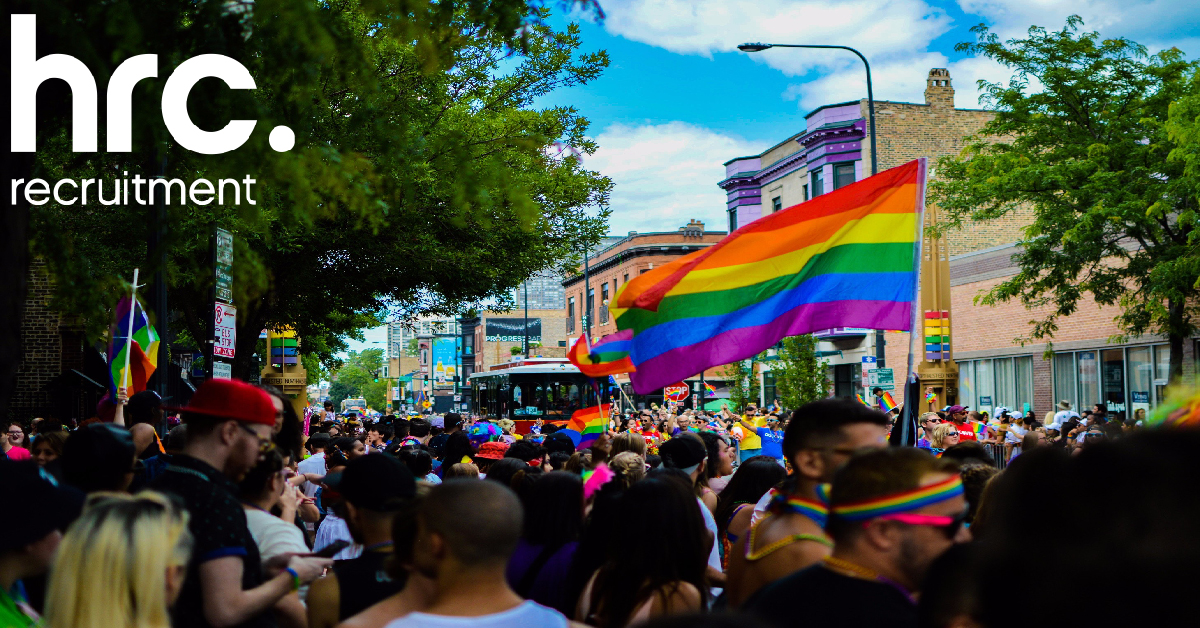Posted June 27 2018
By Cheryl Stobo

The words “diversity” and “inclusion” are used frequently within the business world these days. Companies speak of welcoming talent from the widest pool possible, and creating safe and friendly working environments for all.
In some unfortunate cases, employees have uncomfortable experiences where they are unable to be their true selves for fear of backlash or discrimination. For the LGBTQI community, this is an experience that many companies are working to drive out. Acceptance, understanding and welcoming are replacing the stereotypes and prejudices of the past, thanks to diversity initiatives and workshops.
Alison Priestly, Construction Manager at Scottish Power, spoke at The Diversity Conference Scotland. She identifies as transgender. She said they would not have been able to transition had her place of employment not had such strong diversity legislation in place. That is a badge of pride that all businesses should seek.
So, if you were to ask all of your employees about what difference your diversity policies are making to their working lives, what feedback would you get? What is it like to be a member of the LGBTQI community in your workplace?
Do your employees feel like they need to hide how they spent their weekend; do they feel uncomfortable mentioning their partners; are they in need of support? Recent figures show that 26% of LGBTQI employees are not open with their colleagues about their sexuality. Often, these overwhelming worries lead to a drop in the quality of work or productivity.
Equality laws are there to protect members of staff who identify as LGBTQI, but many feel like they may be targeted or discriminated against in other ways, for instance not getting a promotion or not having a contract renewed. Many people feel there are not enough role models in the workforce to encourage LGBTQI employees to be open.
A hostile or uncomfortable environment is not fair on any employee. Diversity is what fuels a business. Different backgrounds, perspectives and experiences will only serve to better reflect your customer base and fuel creativity. What business wants carbon copy people or ideas? This will only lead to stagnation.
Businesses have an obligation to ensure that whatever diversity legislation they have put in place filters down to every member of staff to raise awareness and understanding. This includes the use of preferred pronouns. It is perfectly acceptable to respectfully ask which pronouns an individual would like to use. The important thing is to ensure that this preference is met.
It is also important that any claims of harassment or homophobia are taken seriously. One in five LGBTQI employees have experience verbal abuse or bullying in the workplace and one in eight people would not feel confident reporting such an experience. These figures absolutely have to change. No one should be made to feel miserable of vulnerable in their place of work.
Businesses should advertise their diversity policies prominently on their website. Or, in job adverts, state something along the lines of “We welcome applications from the LGBTQI community.” Be direct so that potential employees know, from the outset, that your business is supportive and appreciative of all contributions. And, if you’re not sure about how to address or support employees – ask them.
Challenge negative stereotypes and attitudes to ensure that your workplace is a safe and welcoming environment for people from all walks of life. Creating change is good for business – not least for your employees.